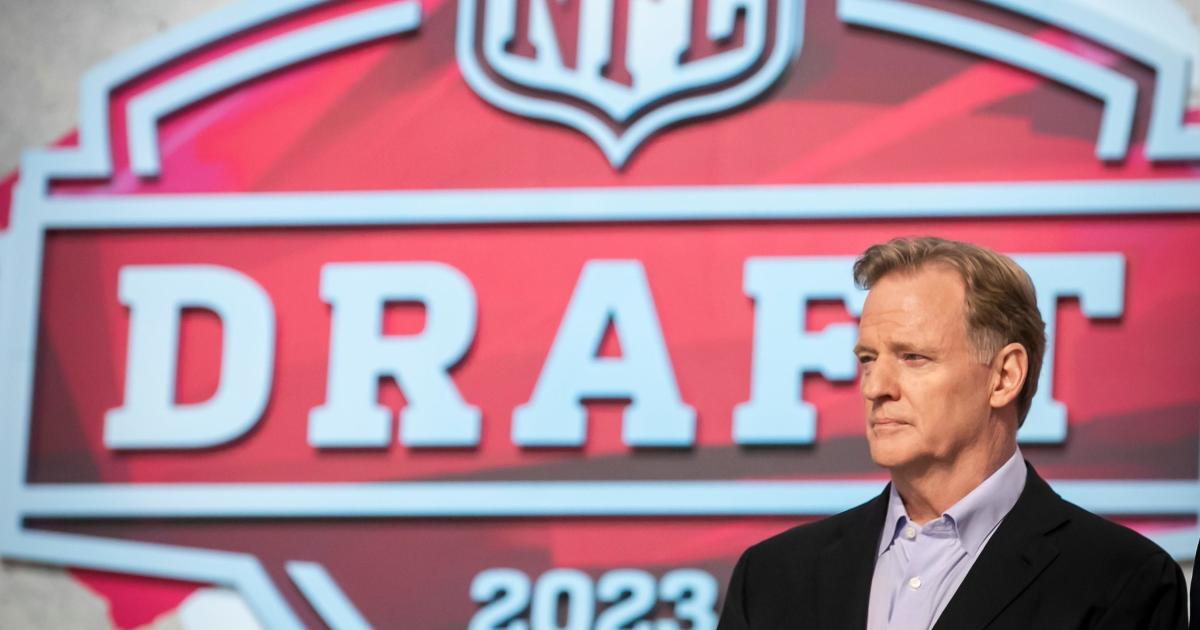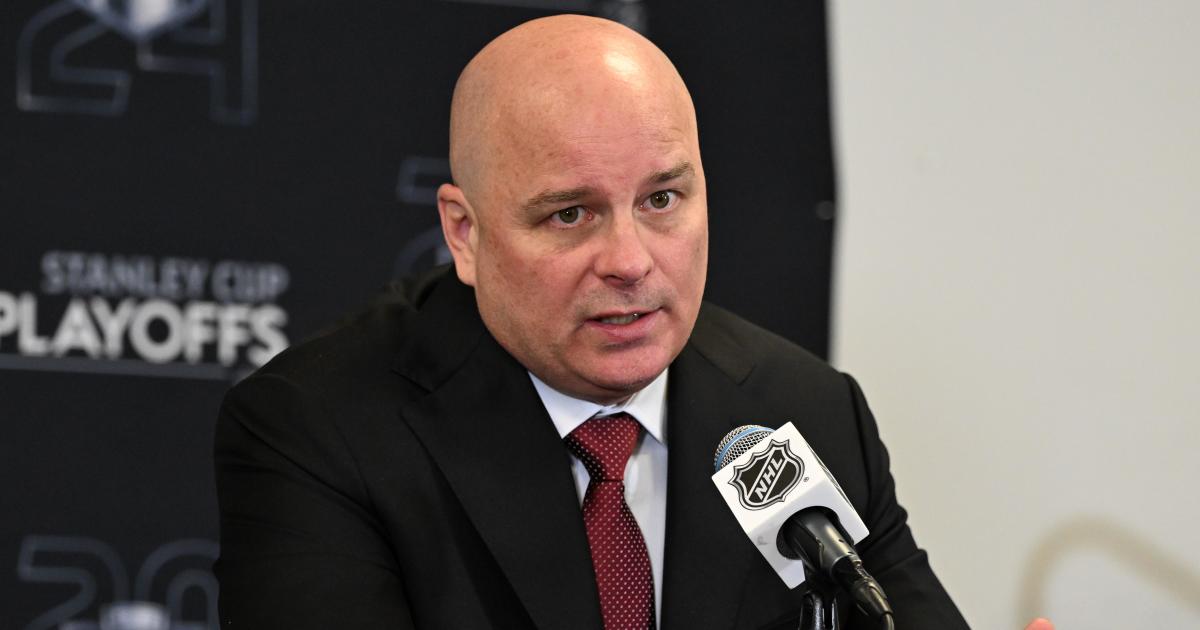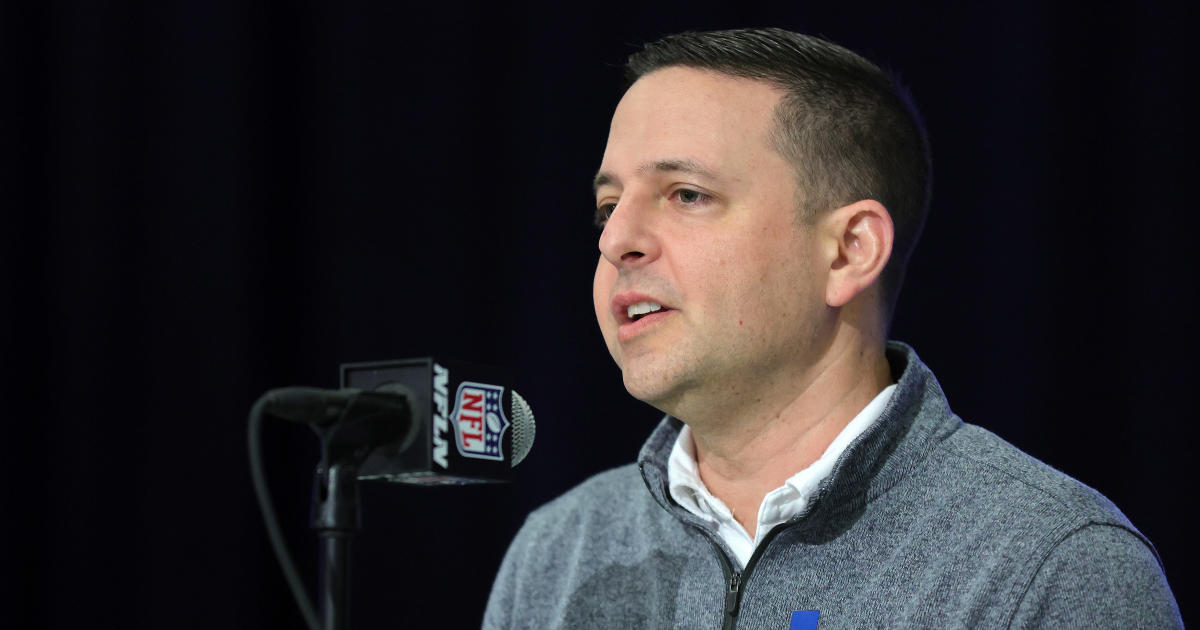Hurley: NFL Adding Replay Review For Pass Interference Is ... Actually Pretty Good
By Michael Hurley, CBS Boston
BOSTON (CBS) -- We, as football fans, tend to only be slightly more advanced than our caveman brethren of yore. As such, we've become prone to some reflexive responses to any proposed changes to the rules of the sport. Our simple little brains can only fit so much, you know?
Sure enough, in the wake of the news that the NFL approved a change to the rules that will allow for replay reviews of pass interference penalties, there's been some resistance. It'll be hard! What about this play?! Or that play?! Bah!
That's an exact quote. Look it up.
But here's the thing. Even as a skeptic of everything the NFL does, and even as someone who mocked what sounded like a foolish replay proposal a week ago, I am able to admit that the new rule is actually .... pretty good. It ought to help more than it hurts. And isn't that the goal?
For the record, here is what the league has adopted:
--The number of challenges for each coach (2) remains unchanged.
--In the first 28 minutes of each half, coaches can challenge plays where they believe offensive or defensive pass interference occurred. Coaches can also challenge pass interference penalties on plays where they believe pass interference did not occur.
--In the final two minutes of each half, replay reviews on pass interference calls/non-calls will be initiated by the booth.
It's pretty straightforward, and in all honesty, it's not that bad.
The best part of it is that it's all under the same umbrella as other challenges. Coaches still only have the two challenges, and the fact that teams will still lose a timeout for an incorrect challenge will still require coaching staffs to make smart decisions and snap judgments in real time, thus ensuring that only the most egregious of calls and/or missed calls is ever subject to review.
That's why a play like Stephon Gilmore-on-Brandin Cooks in Super Bowl LIII, while complicated, would still have presented a bit of a challenge for Sean McVay and the Rams' coaching staff. Would one look at a replay have been enough to convince them to throw a red flag and thus risk losing their second timeout in a seven-point game in the fourth quarter of a Super Bowl? Only the best coaching staffs with the best eyes stand to benefit in such a scenario.
Will there be a gray area? Of course there will be a gray area. The entirety of the pass interference industry has been built on gray area. What is a catchable ball? What is an uncatchable ball? What contact is real? What is a flop? How simultaneous is simultaneous contact? Exactly how incidental was that incidental leg contact? Et cetera, et cetera, et cetera.
The thing is, anybody complaining about that aspect of pass interference at this moment in time is ignoring the reality that ... all of those uncertainties already currently exist in the game. The addition of challenges and replay reviews at the very least allows teams to have a chance to get a fair shake after plays where the officials simply missed a call.
And the result should be a net positive. Think back to the famed Luke Kuechly/Rob Gronkowski play. That was a TERRIBLE way for a football game to end on a Monday night. How could anyone outside of Raleigh have been satisfied to see a game end that way?
Had the new rules been in place, then I believe we can assume that the booth would have initiated a review and called a penalty on Kuechly for a clear and obvious case of pass interference. (Kuechly has admitted as much.) What would have followed would have been a first-and-goal at the 1-yard line, with no time on the clock, a chance for Tom Brady and the Patriots to try to gain one yard to win the game, a chance for the Panthers' defense to stand tall and walk off with a victory on their home field. It was the dramatic ending that the game deserved. With the new rule, games like that will be given their proper ending.
Realistically, penalties like Nickell Robey-Coleman on Tommylee Lewis probably won't be missed again. That was a true anomaly, one where everybody -- attending in person, watching on TV, probably listening on radio -- knew that the penalty was clear and obvious. But other times, where the speed of the game makes officiating very difficult, where an exaggerated flop affects a call, where a push-off is too subtle to see in real time, or where an official just didn't see something obvious? Those moments should now get corrected. That is a good thing.
Just like any other play that goes to review, if something isn't clear, the call on the field is likely to stand. If the officiating office in New York has to tick frame-by-frame through the footage to try to find interference? They're probably not going to manufacture a penalty. Meanwhile, the egregious misses will be corrected -- and quickly.
Will there be some hiccups along the way? Sure. But to fixate on those potential issues generally requires someone to overlook the myriad issues that already exist. The implementation of new replay rules for pass interference are a step toward correcting some of them.
It's an effort to get better. Isn't that what we're all trying to do at the end of the day?
You can email Michael Hurley or find him on Twitter @michaelFhurley.



